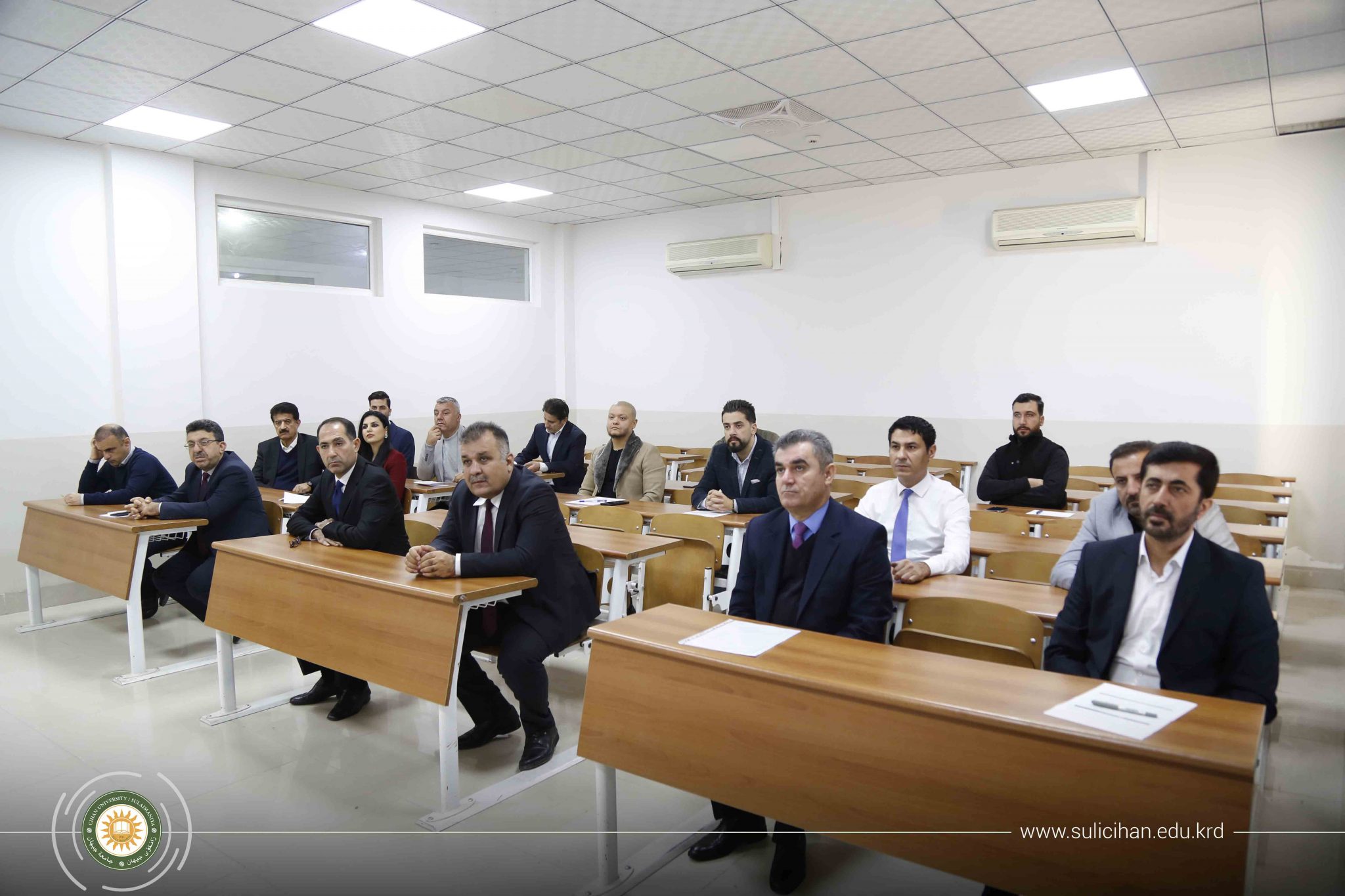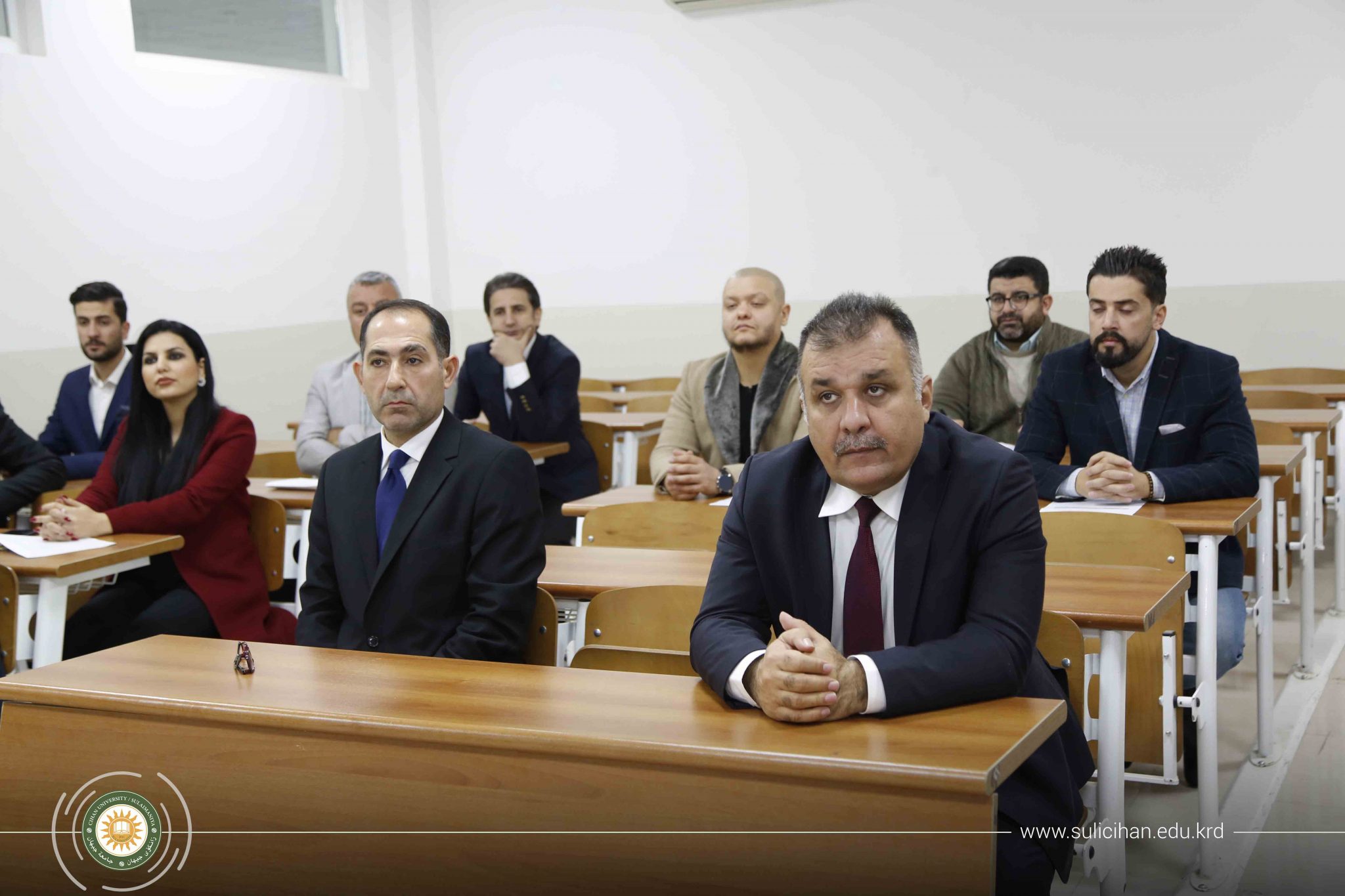
As a result of the development of international law and its stance on the legitimacy of governments in terms of how they access and exercise power; dictatorial regimes and illegitimate governments that do not represent the will of their people expose international peace and security to danger. Consequently, many international mechanisms have been adopted to prevent such governments from coming to power.
One of the most important of these mechanisms is international intervention and non-recognition of illegitimate governments. Further, the intervention is due to the nature of the ruling regime and its legitimacy, or rather the intervention in favor of democratizing the regime. In addition, a debate has taken place among the jurists in terms of its legitimacy, and that is in accordance with the rules of international law; established directions:
The first direction is that all interference in issues related to the system of government is prohibited:
1. The nature of the ruling system is one of the internal issues that are not necessarily related to international relations and the maintenance of international peace and security. The form of government is one of the matters that are determined by the nature, characteristics, culture, civilization and history of each society, and what is compatible with one society does not necessarily harmonize with another society, as there are societies that are suitable for the parliamentary system and others the presidential, republican or monarchical system.
The second direction: goes towards supporting international intervention due to the nature of the ruling system in the state, as it does not conflict with the objectives of the United Nations:
2. The right of the people to life under the democratic system of government. Intervention in order to support legitimate governments is a duty of the international community and the right of people to self-determination cannot be waived.









